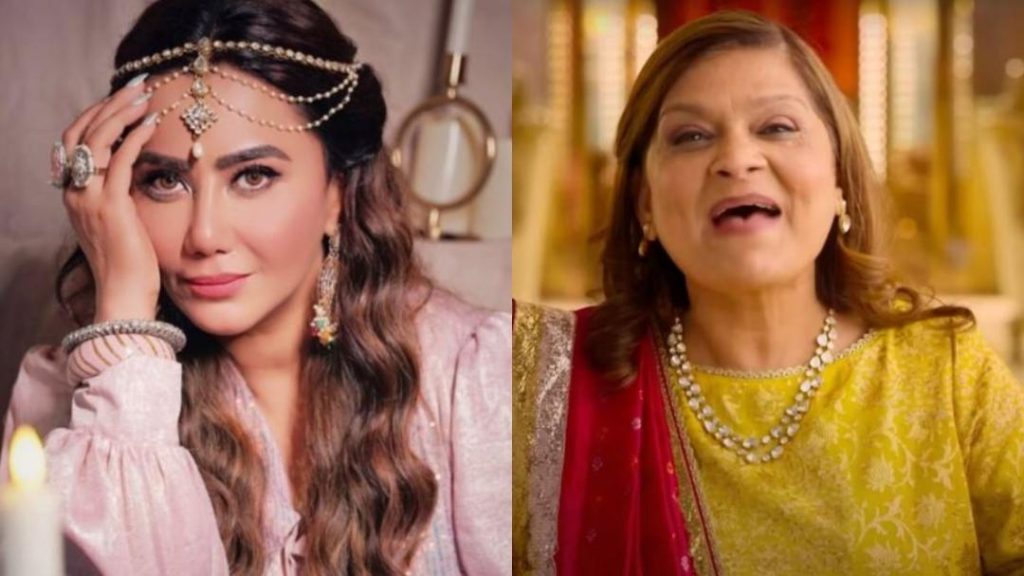
Title: Nausheen Sardar Reveals Sima Taparia Rejected Her Over Religion
As the world becomes increasingly connected, the concept of arranged marriages has seen a resurgence in popularity. Indian Matchmaking, a Netflix series, has been a huge hit, showcasing the traditional matchmaking consultant Sima Taparia as she helps her clients find their perfect matches. However, recently, one of the actresses who approached Sima Taparia for matchmaking was left devastated when she was rejected due to her religion.
Nausheen Ali Sardar, a famous television actress, revealed in an interview that she had approached Sima Taparia to find a life partner. But what she expected to be a straightforward process turned out to be a shocking experience, as she was rejected by Taparia because of her religion.
In an interview with a leading publication, Sardar shared her ordeal, stating, “I approached Sima Taparia, and she was like, ‘No, we can’t find you someone because you’re Muslim’.” Sardar, who is best known for her role in the popular TV show Kkusum, was taken aback by Taparia’s response. She had expected a professional and objective approach to matchmaking, but instead, she was subjected to religious bias.
Sardar’s experience highlights the ongoing issue of religious discrimination in the Indian matchmaking industry. Despite the country’s growing liberalization and increasing acceptance of interfaith relationships, many matchmakers and parents still prioritize religion and caste when searching for a partner.
Sima Taparia, who has gained fame for her expertise in matchmaking, has been criticized in the past for her rigid approach to matchmaking. Her show, Indian Matchmaking, has been accused of promoting regressive views on marriage and relationships. The show’s portrayal of arranged marriages as the norm has also been criticized for reinforcing traditional gender roles and ignoring the agency of women.
Sardar’s experience is not an isolated incident. Many Indian women have shared their own stories of being rejected or marginalized due to their religion, caste, or other social factors. The lack of diversity and inclusivity in the matchmaking industry has led to a sense of exclusion and marginalization for many individuals who do not fit the traditional mold.
The Indian Matchmaking industry is in dire need of a shake-up. With the rise of online matchmaking platforms and the increasing popularity of dating apps, the traditional approach to arranged marriages is being challenged. It is time for matchmakers like Sima Taparia to rethink their approach and prioritize the agency and autonomy of their clients.
In conclusion, Nausheen Sardar’s experience serves as a stark reminder of the ongoing issue of religious discrimination in the Indian matchmaking industry. As the industry evolves, it is crucial that matchmakers like Sima Taparia adopt a more inclusive and objective approach to matchmaking. Only then can the industry truly cater to the diverse needs and desires of its clients.






